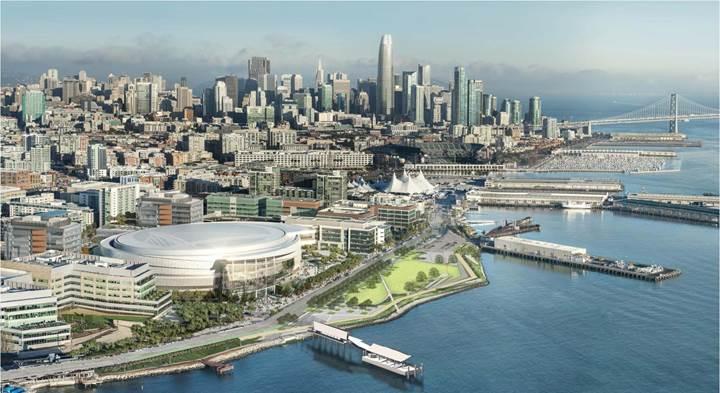By Laya Neelakanada : sfchronicle – excerpt
Supervisor Matt Dorsey is urging San Francisco Mayor London Breed to reallocate 100% of the $18.9 million in funds budgeted for “wellness hubs” into services for people jailed on drug charges.
In a letter addressed to the mayor, Dorsey said he withdrew his support for a wellness hub in his district after it dropped supervised consumption services from its core mission.
The wellness hubs, intended to build upon the now-shuttered Tenderloin Center, were part of a strategy by the Department of Public Health to offer overdose prevention services. Instead, Dorsey advocated for moving the funds to custodial care. The proposed $18.9 million would be split across two fiscal years, with $11 million and $7.9 million, respectively.
Dorsey cited legal obstacles and the urgency of addressing substance abuse issues as reasons for reallocating funding to address “increasingly chaotic open-air drug scenes.”
“While I remain a staunch supporter of supervised consumption sites as an appropriate and necessary response to our record-shattering fatal drug overdose crisis, the inability of our city and its nonprofit partners to assume the requisite legal risks at this time to offer supervised consumption services diminishes the value of moving forward with the ‘half-loaf’ approach now contemplated by DHP for Wellness Hubs,” Dorsey wrote in his five-page letter…(more)
At least he isn’t afraid to change his mind when he loses faith in a program instead of doubling down on it. That is rare these days.


